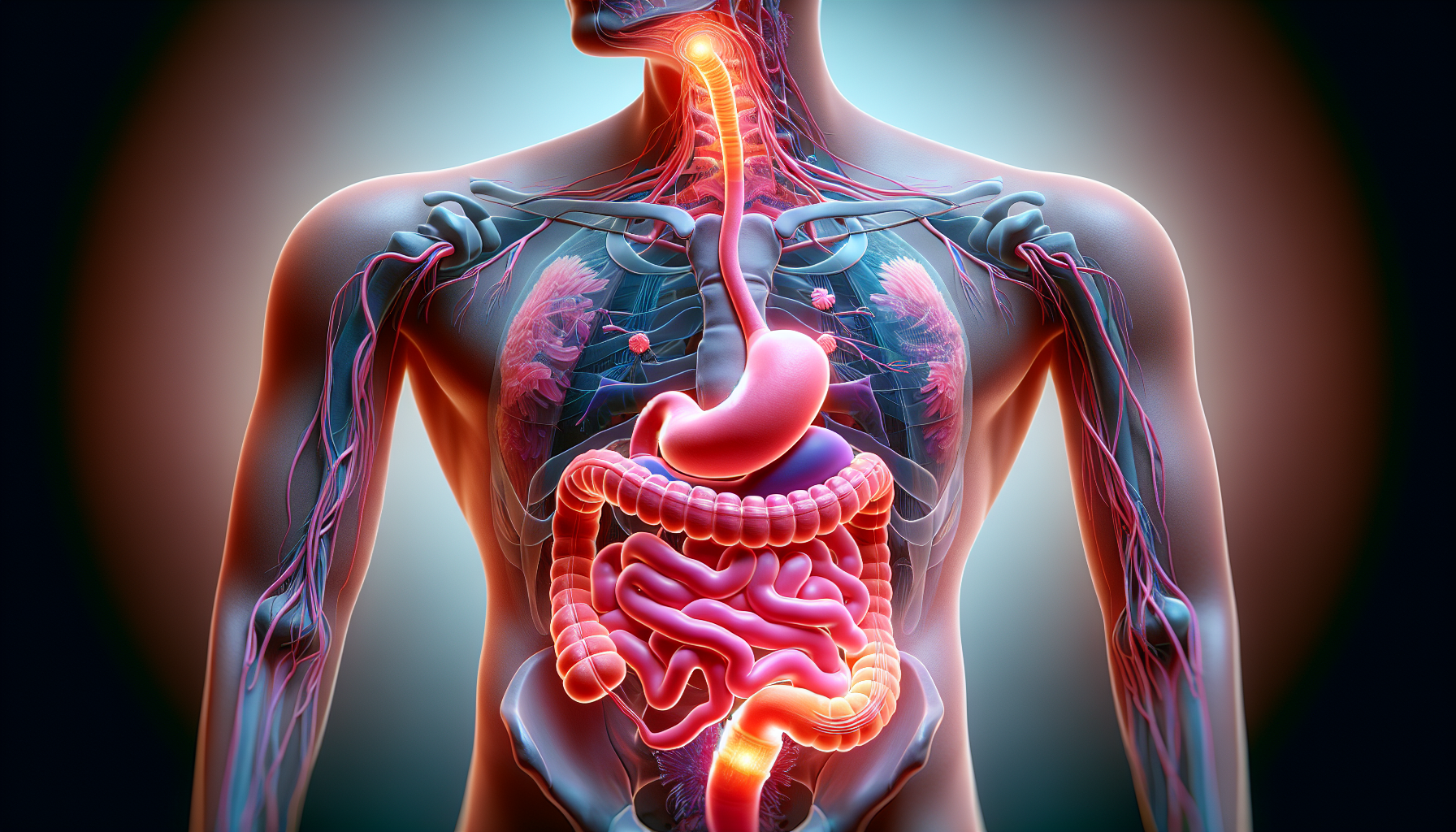Chronic gastrointestinal (GI) pain is a debilitating condition that affects millions of individuals worldwide. It can stem from a variety of underlying issues, including inflammatory bowel diseases, irritable bowel syndrome (IBS), and functional dyspepsia, among others. Managing this pain effectively is crucial not only for improving the quality of life but also for facilitating proper digestive function, which is integral to overall health. This comprehensive guide aims to explore various strategies and techniques that can help individuals manage chronic GI pain effectively.
Understanding Chronic GI Pain
Before diving into management techniques, it’s essential to understand what chronic GI pain is and why it occurs. Chronic GI pain is typically a signal from the body that something is amiss within the digestive system. It can present as a sharp, stabbing pain, a dull ache, or a burning sensation, and it may be constant or intermittent. The pain can be localized to one area or spread across the abdomen, making diagnosis and treatment a challenge.
The Role of Diet in Managing GI Pain
Diet plays a pivotal role in managing GI pain. Certain foods can trigger pain and exacerbate symptoms, while others can soothe and provide relief. Dietary approaches to prevent gallbladder stones and understanding the protective effects of gut flora are two critical articles that shed light on how dietary choices impact the GI system. For individuals suffering from chronic GI pain, identifying and avoiding food sensitivities is crucial. One comprehensive resource is The Importance of Identifying Food Sensitivities for Digestive Comfort, which provides valuable insights into how certain foods can influence digestive health.
The inclusion of fermented vegetables in the diet can be greatly beneficial. These foods are rich in probiotics, which support gut health and can alleviate pain. For more information, consider reading How to Improve Gut Health with Fermented Vegetables.
Exercise and Digestive Function
Moderate exercise has been shown to improve digestive function and may help in managing GI pain. It enhances blood flow to the digestive system, aids in the movement of food through the digestive tract, and reduces stress, which can be a significant trigger for GI pain. Delve deeper into this topic by exploring The Impact of Moderate Exercise on Digestive Function.
Stress Reduction Techniques
Stress is a well-known exacerbator of GI pain. Techniques such as mindfulness meditation, yoga, and cognitive-behavioral therapy can be effective in reducing stress and, consequently, managing GI pain. These methods help by altering the body’s response to stress and reducing the inflammation that can contribute to GI discomfort.
Advanced Management Strategies
Apart from diet and lifestyle changes, there are advanced strategies that can be employed to manage chronic GI pain.
Pharmacological Interventions
For some individuals, over-the-counter or prescription medications can be necessary to manage GI pain effectively. Antispasmodics, proton pump inhibitors, and antidepressants are among the medications commonly used. However, it’s essential to consult with a healthcare provider to determine the most appropriate medication and dosage.
Alternative and Complementary Therapies
Alternative therapies such as acupuncture, herbal remedies, and certain supplements can offer relief to some individuals with chronic GI pain. The use of peppermint oil, ginger, and turmeric has been particularly noted for their anti-inflammatory and antispasmodic properties.
Interventional Pain Management
In severe cases, interventional pain management techniques such as nerve blocks or neuromodulation may be considered. These methods are typically explored when other strategies have not provided adequate relief.
Conclusion
Chronic GI pain is a complex condition that requires a multifaceted approach to management. By understanding the underlying causes, making informed dietary choices, incorporating moderate exercise, reducing stress, and exploring advanced management strategies, individuals can find relief from this often debilitating condition. It’s important to work closely with healthcare providers to tailor a management plan that addresses individual needs and preferences.
For further reading on related topics, consider exploring resources on digestive health, which provides a broad overview of maintaining a healthy digestive system, and external resources on the latest research in gastrointestinal health management.
Managing chronic GI pain effectively is a journey that may require adjustments and experimentation with different techniques. With persistence and the right support, it is possible to achieve a significant reduction in pain and an improvement in quality of life.



